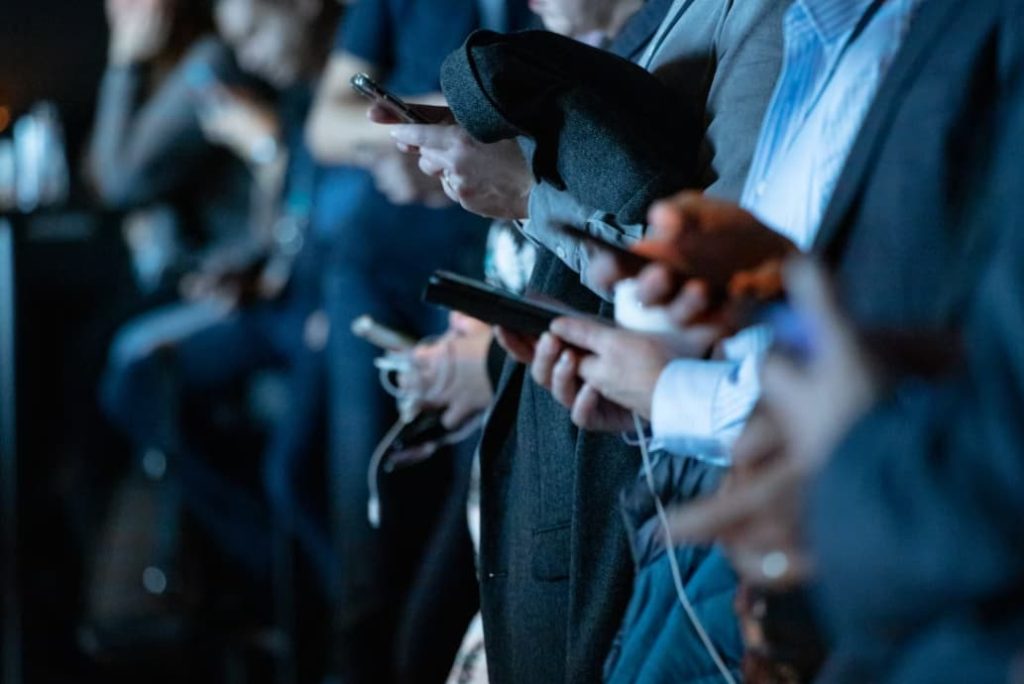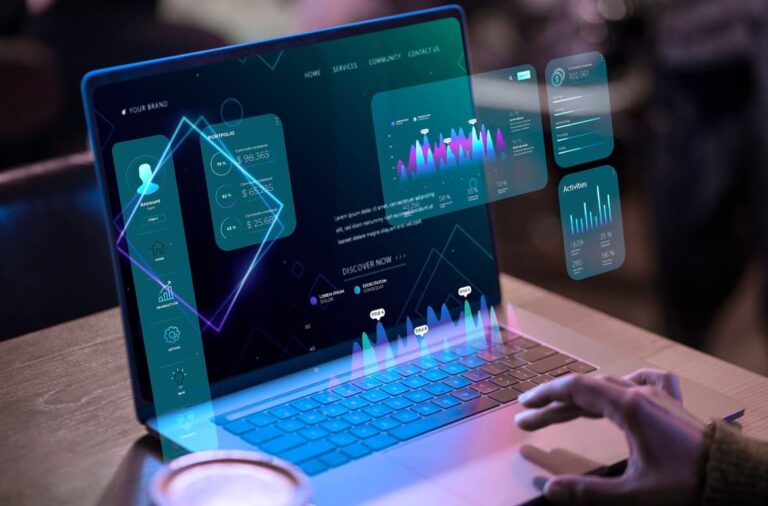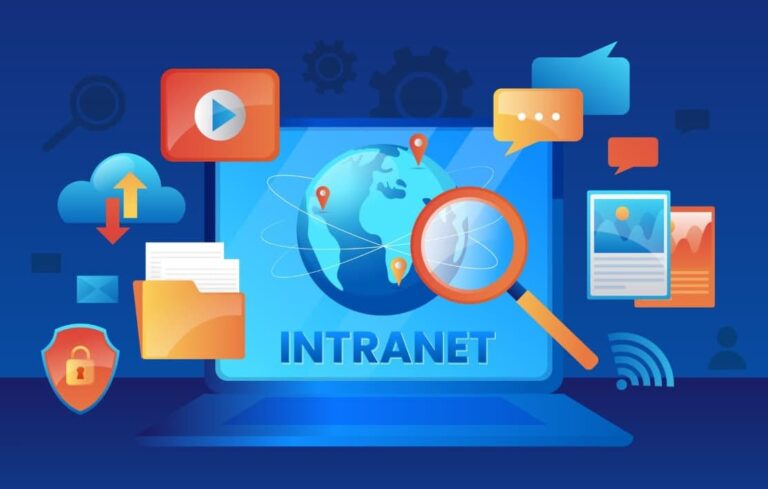Smartphones, as we know them today, have come a long way since their debut in 1992 as the Simon Personal Communicator.
Smartphones have evolved into an indispensable extension of ourselves, with a mini PC and phone all snuggly rolled into one device that easily fits in our hand. They have become our go-to source for staying connected, and informed, and managing our professional and personal lives.
How Mobile Phones Are Changing the Way It Works?

It is now nearly impossible to leave the house without your smartphone, as evidenced by the fact that the smartphone market is expected to exceed $1,351.8 billion by 2025. We have shared a details HONOR magic 5 lite review here which explains to you how mobile phones are changing the way it works.
The Foundation of the Business Ecosystem
Smartphones have enabled a culture of instant communication in both our personal and professional lives. Everyone is expected to be available at all times, which blurs the distinction between work and personal time.
Until recently, work-life revolved primarily around time spent in the office, with little to no expectation of being available outside of it. Smartphone connectivity solutions such as Slack, FaceTime, Teams, and Meet provide access to a virtual desk from anywhere in the world, freeing us from our desks.
Employees can now work virtually from anywhere in the world, lowering the cost of physical office space in many cases by allowing organizations to better manage space by allocating workstations to multiple employees on a rotational or shift basis, resulting in lower overhead and maintenance costs.
- Productivity has increased as a result of mobile applications that allow for anything from buying a meal to arranging a taxi or a meeting, decreasing the need for support employees to perform these day-to-day chores.
- Smartphones, in the digital age, have eased process-heavy operations like expense filing and approval, signing legal papers, and managing employee HR procedures using app-based interfaces. Employers have been able to reallocate their workforce in a variety of ways as a result of this.
- In today’s global health crisis, smartphones have aided many companies in getting back to business as usual by allowing for instantaneous connection across borders – a feature that was greatly appreciated when countries around the world went into lockdown and business travel came to a halt. These gadgets are critical for improving management and employee cooperation across geographies and time zones, particularly in the age of dispersed or offshore teams.
- Customer experience is at the heart of an organization’s growth strategy, and mobile CRM and mobile applications are becoming important in catering to pre and after-sales customer care via choices such as instant messaging with chatbots and automated mobile self-help.
More than just workplace administration
Smartphones have expedited the uptake of telemedicine and telehealth throughout the present crisis. Owing to the limitations of face-to-face clinical consultations and the challenges that healthcare systems confront in providing patient care, smartphones provide a convenient way to engage with healthcare services online or via mobile applications.
Moreover, since working, studying, and entertainment are all done from home in 2020, demand for personal devices has increased, and smartphones have become a cost-effective choice for staying connected, particularly for low-risk content consumption needs.
The most intriguing thing, though, is that the cell phone has liberated us from the confines of space. A phone call from a fixed phone may be routed practically anywhere via call forwarding.
After 10 minutes of conversing with your closest buddy, you discover he is in Dubai. As a result, explanations like “He’s in Paris for two weeks and cannot be contacted” are no longer acceptable. What do you mean he’s not reachable? Does he not have his phone turned on?
People seem to be born with cell phones in their hands. Of course, the lack of mobile phones at the start of human life on the savanna was just an unfortunate occurrence. If they had existed, man would have called his wife and said, “Light the fire, honey, because I’ll be home shortly with half a lion.”
In the end, mobile telephony is about human communication rather than radio waves and equipment. We need to communicate with one another, and that need has been pressing since the day we first stood on two feet. Our ability to communicate is critical to our survival.
We’d be gobbled up by tigers, wolves, or our own loneliness if we didn’t converse with one other.






